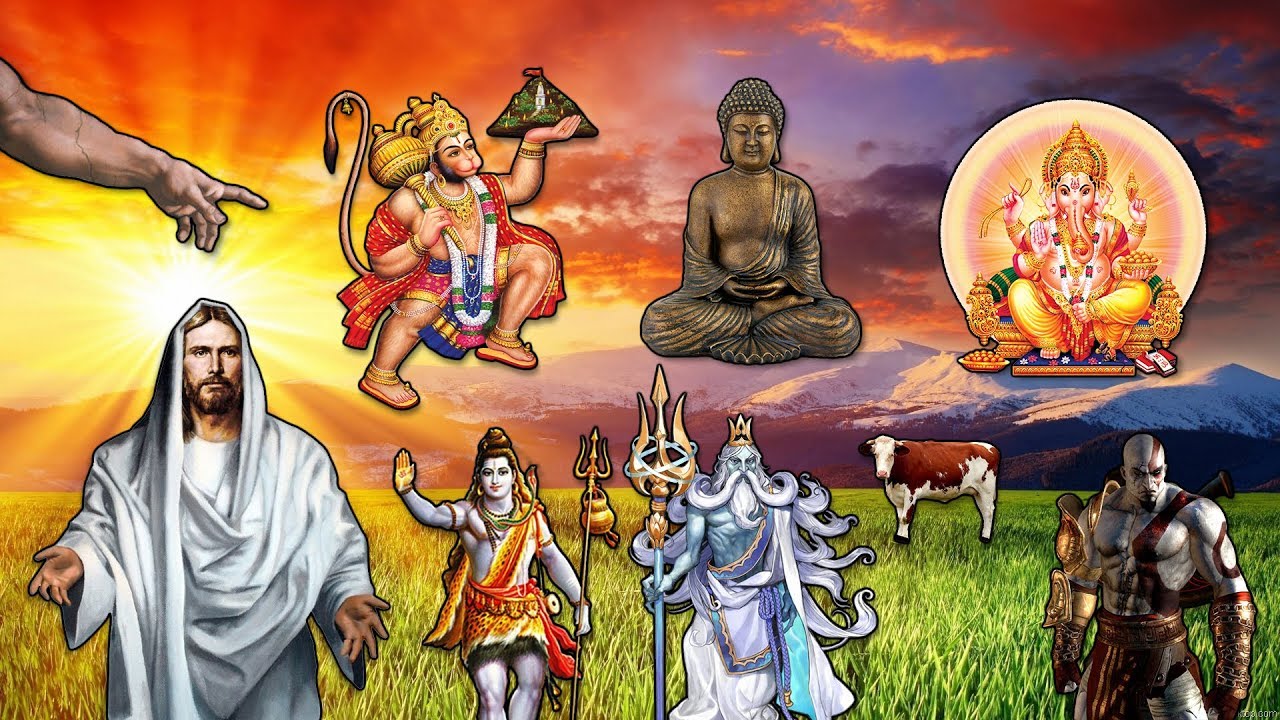Now we start to get into a rather tricky area!
In part 1 and part 2 I laid a bit of a foundation around my purpose and terminology.
Having looked at how religion is the beliefs we apply in our attempts to grapple with our sense of spirituality, it quickly becomes apparent that humans love to assign anything like this to some sort of god. Christianity is just one very successful attempt to address spirituality, but there are literally countless others throughout human history.
Another reason we like gods is that they can be used as an authoritative source of ethics and morality, providing any culture/tribe with an unquestionable value standard that can be used to hold together the structures of their society.
There is also the need to provide meaning and answers to phenomena we don’t understand – natural events, the weather, the movement of the stars etc. Anything we lack empirical knowledge on can be ascribed to a God. Of course, we see this reason being slowly eaten away as “science” provides more and more answers to these things, but it’s still valid as science is a long way from finding the “answer to life the universe and everything”.
These needs (and other smaller considerations) can be combined very successfully into the characteristics of a deity – a being or beings infinitely more powerful/knowledgeable than us who control everything (to greater or lesser degrees). It provides an emotional and cultural focal point or reference that can be used to explain all aspects of life. Plus, using a deity creates a sense of security and stability when we realise how fickle we, and our world, can be.
Religion, when viewed in this simplistic way, has proven to be very valuable to humanity. In fact, it could be considered an evolutionary tactic in helping preserve the species. This is a very cold and analytical approach of course, but we’ll look at other aspects later.
So why do YOU need a God? What does your God look like? I ask because when we really peel away the layers of jargon and cliches, wrapped in biblical (or other religion’s) semantics, there is a way our hearts and minds perceive God that is unique to each of us, no matter what our particular doctrines define. Under all this is the simplicity of which of these basic needs are being met.
The next part will be about “paradigms”, sometimes called world views, lenses, filters, biases etc.



